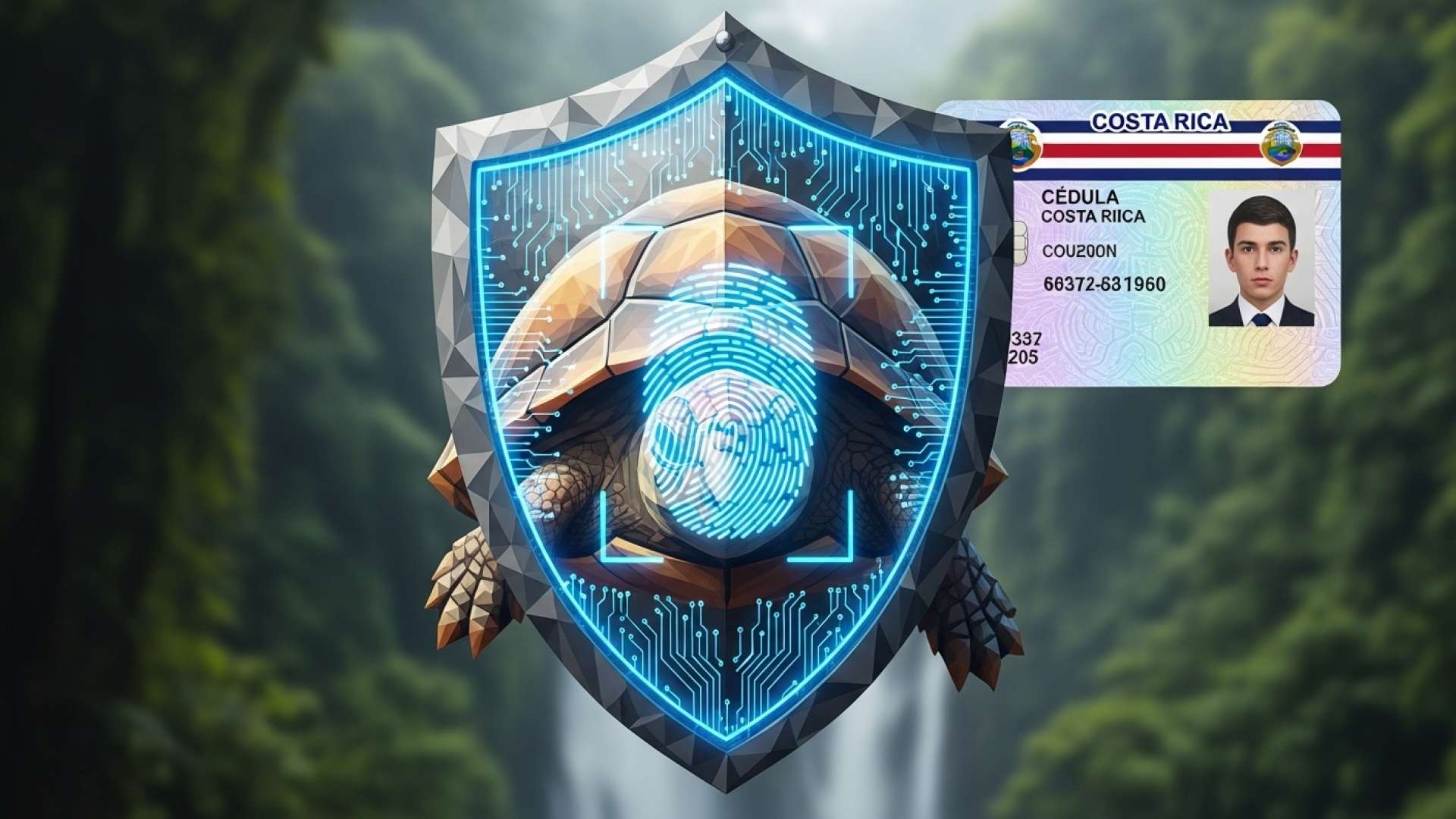San José, Costa Rica — San José – In a significant step towards modernizing citizen identification, Costa Rica’s Supreme Electoral Tribunal (TSE) officially began issuing a newly redesigned national identity card on Monday, October 6. This ambitious overhaul moves beyond mere aesthetics, introducing a suite of advanced security technologies and enhanced privacy measures designed to protect citizens in an increasingly digital world. The transition marks a new era for the country’s most essential personal document.
The new card represents a fundamental upgrade in both material and technology. Constructed from a highly durable polycarbonate, the same material used for many modern passports, the new “cédula” is built to withstand the rigors of daily use over its ten-year lifespan. This change addresses common issues of wear and tear seen in previous laminated versions, ensuring the document remains intact and legible for its entire validity period.
To gain a deeper understanding of the legal framework surrounding Costa Rica’s national identification system, TicosLand.com consulted with Lic. Larry Hans Arroyo Vargas, a distinguished attorney from the prestigious firm Bufete de Costa Rica, who specializes in civil and administrative law.
The Costa Rican Cédula de Identidad is far more than a simple photo ID; it is the cornerstone of a person’s legal existence and economic participation within the country. It is the sole document that unequivocally proves legal majority and grants the capacity to enter into binding contracts, open bank accounts, register property, and exercise fundamental civic duties like voting. From a legal standpoint, its integrity and proper issuance are paramount to maintaining social order and ensuring legal certainty in all civil and commercial transactions.
Lic. Larry Hans Arroyo Vargas, Attorney at Law, Bufete de Costa Rica
This insight powerfully reinforces that the Cédula is not merely a card in a wallet, but the foundational key to unlocking full civic and economic life in the nation. We extend our sincere thanks to Lic. Larry Hans Arroyo Vargas for so clearly articulating the profound importance of this document.
At the heart of the redesign is a sophisticated color laser-engraving technique. This process embeds the holder’s photograph and personal information directly into the card’s layers, making it exceptionally difficult to alter or forge. This advanced printing method is a critical deterrent against counterfeiting, providing a higher level of assurance for both government agencies and private sector entities that rely on the ID for verification.
A major technological leap forward is the replacement of the outdated barcode with a Machine-Readable Zone (MRZ). This is the same standardized technology found on international passports, which allows for swift and automated identity verification by compatible scanners. The implementation of the MRZ is expected to streamline processes at banks, government offices, and other institutions, reducing wait times and minimizing the potential for human error during data entry.
The TSE has fortified the document with multiple layers of intricate security features. These include a secondary, transparent “ghost” image of the cardholder, tactile raised text, and microtext that is nearly invisible to the naked eye. Furthermore, the card incorporates elements that are only visible under ultraviolet (UV) light, adding another barrier against sophisticated forgery attempts. This multi-layered approach creates a robust defense system that is challenging to replicate.
In a move reflecting contemporary concerns over data privacy, the new ID card intentionally displays less sensitive information on its surface. The names of the cardholder’s parents and their specific electoral domicile have been removed from the visible portion of the document. This change is a deliberate effort to minimize the exposure of personal data during routine transactions, safeguarding citizens’ privacy without compromising the card’s function as a secure form of identification.
Officials from the Supreme Electoral Tribunal have emphasized that the transition to the new card will be gradual and seamless for the public. There is no requirement for citizens with a valid, undamaged current ID to seek an immediate replacement. Both the old and new formats will coexist and remain equally valid until the older cards naturally phase out upon their expiration dates. This policy ensures a smooth, cost-effective rollout without creating long lines or administrative backlogs.
Citizens will receive the new high-tech card when they renew their existing one upon its 10-year expiration or when they request a replacement due to loss, theft, or damage. The issuance process remains free of charge for initial requests and standard renewals. In a noteworthy move towards greater inclusivity, the new design also incorporates the acronym “TSE” in Braille, making it more accessible to citizens with visual impairments for the first time.
For further information, visit tse.go.cr
About Tribunal Supremo de Elecciones (TSE):
The Supreme Electoral Tribunal of Costa Rica is the constitutional body responsible for organizing, directing, and supervising all acts related to elections in the country. Beyond its electoral functions, the TSE also serves as the central Civil Registry, overseeing the registration of births, deaths, marriages, and the issuance of the national identity card (cédula de identidad) for all Costa Rican citizens.
For further information, visit bufetedecostarica.com
About Bufete de Costa Rica:
Bufete de Costa Rica has established itself as a pillar of the nation’s legal community, built upon a foundation of uncompromising integrity and professional distinction. With a proven track record of advising a multifaceted clientele, the firm consistently pioneers innovative legal strategies while actively engaging with the public. Central to its philosophy is a profound dedication to democratizing legal understanding, thereby contributing to the development of a more knowledgeable and empowered citizenry.









